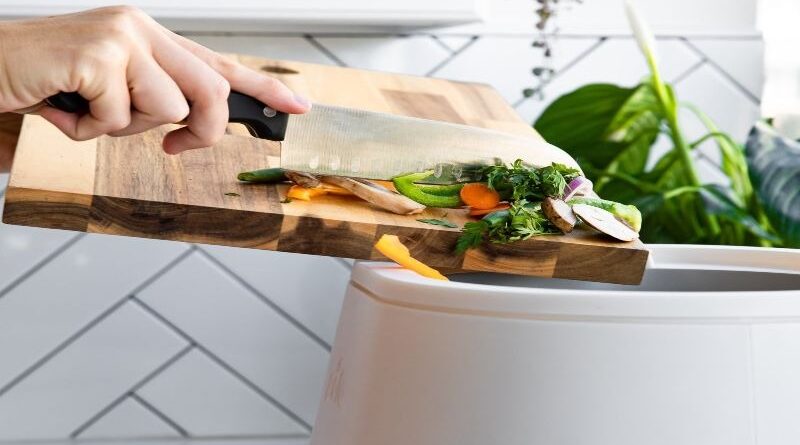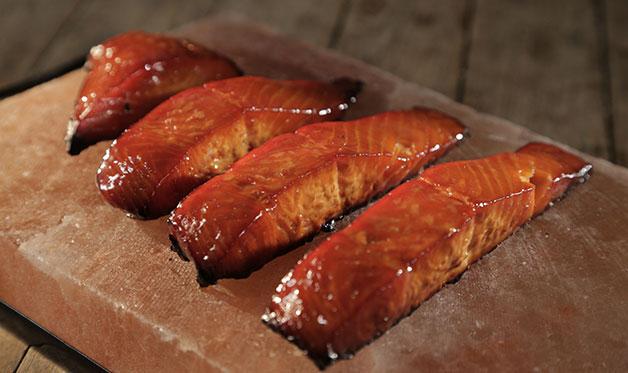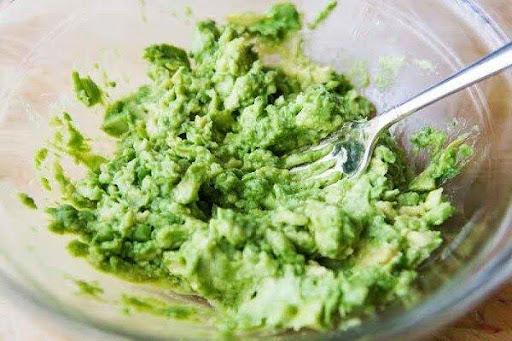Smart Composting Tools: Why A Countertop Composter Belongs In Every Eco-Friendly Kitchen
Reducing food waste is one of the simplest and most impactful ways to contribute to a more sustainable future. Every year, millions of tons of food scraps end up in landfills, producing methane, a greenhouse gas contributing to climate change. But there’s a simple, eco-friendly way to fight this problem right from your home: composting. For those who love gardening and want to live more sustainably, a countertop food composter is an easy, practical solution that fits into any kitchen.
A countertop composter lets you take everyday food scraps and turn them into nutrient-rich material, perfect for gardening or potted plants. This article examines what makes countertop composters essential for every environmentally conscious home.
What is a Countertop Composter?
A countertop composter is a compact, convenient appliance or bin designed to collect and process food scraps directly in your kitchen. Unlike traditional backyard composting systems that require outdoor space, regular turning, and months to produce results, a countertop food compostermakes composting accessible even in small apartments. These tools are designed to fit neatly on your counter, making it easy to toss in scraps as you cook.
There are different types of countertop composters. Some models are non-electric bins that store scraps for transfer to outdoor compost piles, while others are electric appliances that speed up decomposition by grinding, drying, and composting the waste within hours. Compared to traditional composting, countertop composters are faster, more efficient, and better suited for urban environments where outdoor composting isn’t always feasible.
Benefits of Using a Countertop Composter
Below are the main benefits of using countertop composters:
1. Convenience: Easy Access to Food Scraps
With the best countertop composter sitting on your counter, composting becomes second nature. As you prepare meals, tossing in vegetable peels, coffee grounds, or eggshells without needing to go outside is easy. This immediate access makes composting feel less like a chore and more like part of your kitchen routine. Electric models simplify the process even further, handling decomposition for you while saving space and effort.
2. Odor Control: Advanced Systems Keep Smells at Bay
One common concern about composting indoors is odor. Thankfully, modern countertop composters are designed with odor control in mind. Many models include charcoal filters, airtight lids, or ventilation systems that trap smells, ensuring your kitchen stays fresh. Even electric composters manage moisture levels to keep bacteria from creating unpleasant odors.
3. Speed: Quick Composting Cycles
Traditional composting can take months to fully break down food scraps. Electric countertop composters dramatically reduce that time, some completing the process in just a few hours. These models dry and grind food waste, producing finished compost almost instantly. This speed is ideal for anyone with an active kitchen, keeping up with waste production and eliminating the need for multiple trips to an outdoor compost bin.
4. Space-Saving: Ideal for Small Kitchens and Apartments
A countertop composter is perfect for kitchens with limited space. It eliminates the need for outdoor bins or piles, making it an excellent option for urban dwellers. Compact in design, these composters fit neatly on counters, inside cabinets, or kitchen corners, making composting possible even in the smallest spaces.
How to Integrate Composting into Your Kitchen Routine
Incorporating a countertop composter into your kitchen doesn’t have to disrupt your routine. With a few adjustments, composting will become second nature.
Tips for Collecting Scraps Efficiently
- Use a Compost Caddy: Some people keep a small caddy or container next to the sink or cutting board for collecting scraps throughout the day.
- Line Your Bin with Compostable Bags: This makes it easier to empty the bin without making a mess. When full, many bags can go directly into the composter or outdoor bin.
Best Practices for Using a Countertop Composter
- Layer Your Scraps Thoughtfully: For non-electric bins, balance wet food waste (fruit peels, coffee grounds) with dry materials (paper towels, shredded newspaper) to prevent the compost from becoming too soggy.
- Monitor Your Composter Regularly: Even electric composters need some attention. Empty them as needed to keep things running smoothly.
- Use Finished Compost Wisely: Once your countertop composter produces usable compost, mix it into garden soil, sprinkle it on potted plants, or start a seedling tray for your garden. This nutrient-rich compost naturally boosts plant growth.
Conclusion
A countertop food composter is more than just a tool for reducing waste, it’s a way to bring sustainable living into your everyday routine. With easy access, odor control, and compact design, countertop composters make composting effortless, even in small kitchens. Whether drying food scraps within hours or collecting them over a few days, this tool turns food waste into a valuable resource for your plants and garden.



